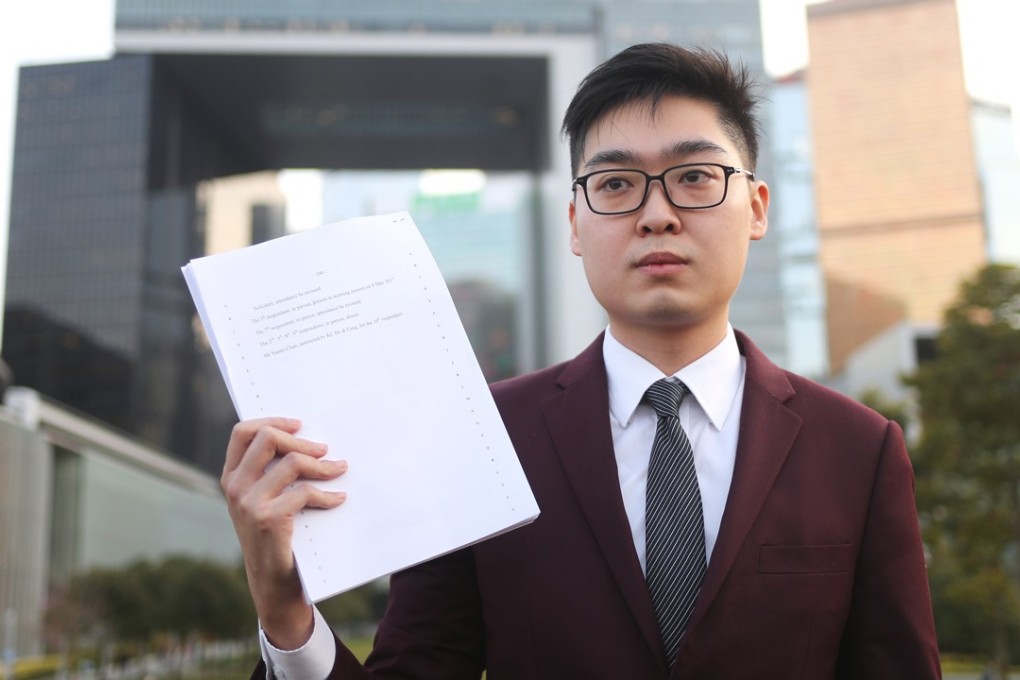Hong Kong elections judgment welcome but delays must still be tackled
Court ruling clarifies candidates must uphold the Basic Law, which states city is an inalienable part of China, however cases should be processed swiftly

Hong Kong’s system for electing the Legislative Council has long been the subject of debate, with calls for electoral reform and universal suffrage. But the polls themselves have generally been considered clean and fair, with the results accepted by the community.
This is something the city can be proud of and it is important that it continues. The sudden rejection by election officials of some candidates for the 2016 polls created uncertainty over the application of election laws.
Tuesday’s long-awaited Court of First Instance judgment on the issue is, therefore, welcome in that it provides some much-needed clarity.
One of the candidates, pro-independence activist Andy Chan Ho-tin, failed to have the rejection of his nomination declared unlawful by the court. It was ruled invalid by an election official because he was deemed not to have been sincere when promising to uphold the Basic Law, the city’s de facto constitution, which states that Hong Kong is an inalienable part of China.
Mr Justice Thomas Au Hing-cheung ruled that returning officers, the relevant officials, have the power to reject nominations on these grounds. But he also took the opportunity to lay down guidelines for the handling of such cases. The judge stressed that nominations should generally be accepted if the formalities, including signing a declaration promising to uphold the Basic Law, have been complied with.
A rejection will only be lawful where there are “cogent, clear and compelling” materials showing the candidate is not genuine in making their declaration. Even then, such a decision should not be made until the candidate has been given a reasonable chance to respond to any evidence the returning officer is relying on.